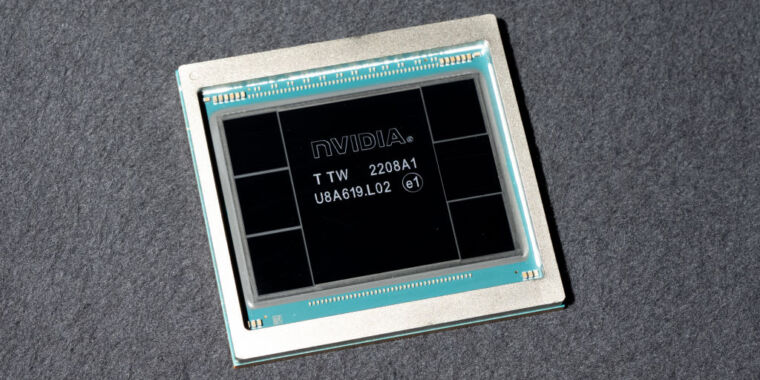My take: the sanctions weren’t meant to block or even slow down access to chips, but rather to secure profits for a chosen few companies by kicking out all the competitors.
This take is based on my reading of the US Dept of Commerce’s Bureau of Industry and Security’s rules, which can be found here: https://www.bis.doc.gov/index.php/regulations/federal-register-notices#10172023a
Which basically says that exports to China and production in China are allowed if licensed.
Given this, I suggest that this article is 100% propaganda as China is still legally allowed to purchase “export controlled” chips according to the US’s own export rules. However, I noticed that this little (read: gaping) loophole is rarely if ever discussed by reactionary media or commenters trying to figure out how China is still buying these chips. The news tries to make it seem like Chinese institutions and companies are somehow engaging in shady business to acquire these chips when a simpler explanation is available.



the sanctions weren’t meant to block or even slow down access to chips, but rather to secure profits for a chosen few companies by kicking out all the competitors. The chips can still be exported as long as the company is licensed.
The idea that sanctions aren’t working is based on a faulty understanding of the actual export rules, which I linked to in my OP. As with many imperialist policies, they are working as intended, it’s just that the intent is obfuscated so they can cast China as a bogeyman to the layperson.
how do the licenses work?
I’m not a trade lawyer so I may get some stuff wrong, but basically:
In Part 730 of the EAR (linked in OP), section 730.7 describes licensing requirements. Basically, export controlled items can be exported, but only with a license. Part 740 describes exceptions to the licensing requirements. I didn’t see anything that outright restricts exports no matter what, but again IANAL so if someone else wants to double check I’d welcome it.
To get a license, the exporter has to apply for a license with the BIS. Depending on the item, destination, and national security (read: profits), the application is approved or denied. This process is described in Part 748 and Part 750 of the EAR. The application form can be obtained either by picking up in person at the physical locations of the US Dept of Commerce or BIS, request one over the telephone, or by fax.